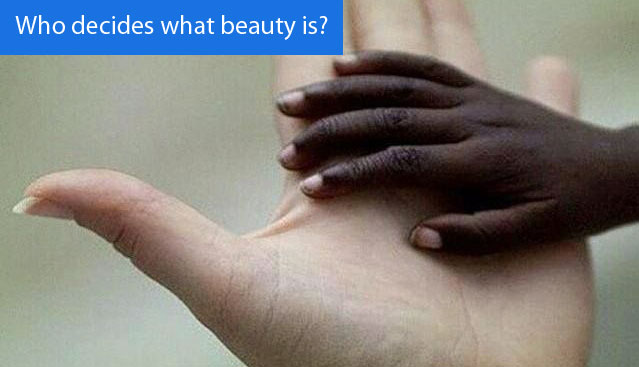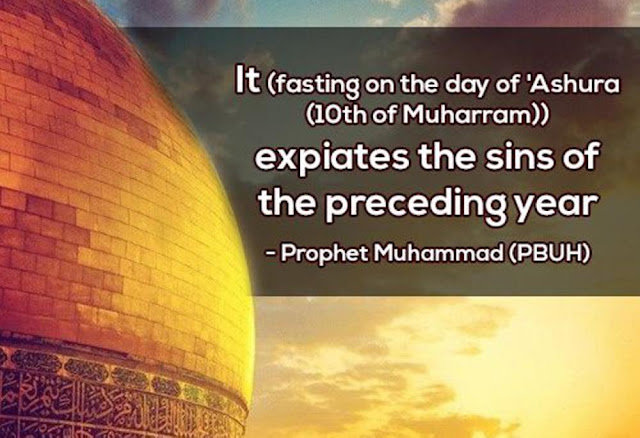
The general rights involve all categories whether Muslims or the Dhimmis who are the non-Muslims who had the privilege to be under the protection of Islamic rule and who live among us or the states with which we had covenants and agreements. Some of these rights are illustrated in the Hadeeth of the Messenger of Allah (peace and blessing of Allah be upon him) which was narrated by Abu Huraira “Five are the rights of a Muslim over his brother: responding to salutation, visiting the sick, following the bier, accepting his invitation to a feast and saying, Yarhamuk Allah, when anybody sneezes and says alhamdulillah”
Some of these rights are also displayed in what was narrated by Al Barra Ibn Azib, may Allah be pleased with him, when he said: “the Prophet (peace and blessing of Allah be upon him) ordered us to observe seven things and to avoid seven things. He ordered us to follow the funeral procession, to visit the sick, to accept invitations, to support the oppressed, to help others to fulfill their oaths, to respond to salutation and saying, Yarhamuk Allah, when anybody sneezes and says alhamdulillah”. In addition to some other rights aimed at being kind to people and avoid harming them.
All Ulama stated that is the word (Neighbor) covers both Muslims and Kafirs, the religious and irreligious, friends and enemies, foreigners and fellow-countrymen, those who treat you well and those who would do you harm, relatives and strangers, those whose house is nearer to yours and those who are further away.
Shari ‘ah ordered to do good to neighbors, and observe the rights of Non- Muslims who live near Muslims. Thus, it represents an ideal approach in dealing tolerantly with other religions. It also acts as a vehicle to entice Kaffirs to embrace this tolerant religion...
Those deserving such an attention are those who do not harm Muslims nor harbor enmity against them. The Messenger of Allah (peace and blessing of Allah be upon him) set a good example in good treatment with his non-Muslim neighbors. Al Bukhari in his Sahih narrated on the authority of Anas Ibn Malik, may Allah be pleased with him, that he said: A Jewish boy, who used to serve the Prophet of Allah (peace and blessing of Allah be upon him) once fell ill. The Messenger of Allah visited him and sat near his head and said to him: Embrace Islam. The boy looked at his father who was there. The father said to his son: obey the father of Al Qassim (who is the Messenger of Allah peace and blessing of Allah be upon him). The Prophet went out saying: praise be to Allah Who saved him from the Hell Fire.
To know what is obligatory regarding the rights of neighbor to gain Allah’s pleasure, it becomes mandatory to mention a number of noble qualities with which neighbor need to be treated. The Messenger of Allah pointed them out singularly at times and attached them to others at other times. Some of them are as follows:
Some of these rights are also displayed in what was narrated by Al Barra Ibn Azib, may Allah be pleased with him, when he said: “the Prophet (peace and blessing of Allah be upon him) ordered us to observe seven things and to avoid seven things. He ordered us to follow the funeral procession, to visit the sick, to accept invitations, to support the oppressed, to help others to fulfill their oaths, to respond to salutation and saying, Yarhamuk Allah, when anybody sneezes and says alhamdulillah”. In addition to some other rights aimed at being kind to people and avoid harming them.
Specific rights are those involving a particular category of people. The rights of the neighbor come within this concept. A neighbor is everyone whose house is adjacent to you up to forty houses far away from your house in all directions. Narrated Ibn Shihab that the Prophet (peace and blessing of Allah be upon him) said: a neighbor is up to forty houses away from one's house. It was said to Ibn Shihab, and how is that? He said “forty on the right, forty on the left, forty on the back and forty in front of him.
All Ulama stated that is the word (Neighbor) covers both Muslims and Kafirs, the religious and irreligious, friends and enemies, foreigners and fellow-countrymen, those who treat you well and those who would do you harm, relatives and strangers, those whose house is nearer to yours and those who are further away.
Shari ‘ah ordered to do good to neighbors, and observe the rights of Non- Muslims who live near Muslims. Thus, it represents an ideal approach in dealing tolerantly with other religions. It also acts as a vehicle to entice Kaffirs to embrace this tolerant religion...
Those deserving such an attention are those who do not harm Muslims nor harbor enmity against them. The Messenger of Allah (peace and blessing of Allah be upon him) set a good example in good treatment with his non-Muslim neighbors. Al Bukhari in his Sahih narrated on the authority of Anas Ibn Malik, may Allah be pleased with him, that he said: A Jewish boy, who used to serve the Prophet of Allah (peace and blessing of Allah be upon him) once fell ill. The Messenger of Allah visited him and sat near his head and said to him: Embrace Islam. The boy looked at his father who was there. The father said to his son: obey the father of Al Qassim (who is the Messenger of Allah peace and blessing of Allah be upon him). The Prophet went out saying: praise be to Allah Who saved him from the Hell Fire.
To know what is obligatory regarding the rights of neighbor to gain Allah’s pleasure, it becomes mandatory to mention a number of noble qualities with which neighbor need to be treated. The Messenger of Allah pointed them out singularly at times and attached them to others at other times. Some of them are as follows:
- A person should allow his neighbor to stick his wooden posts on his wall.
- A person should give his neighbors form his food if they saw or smell it. And should satisfy their hunger if he knows that and could afford it so that they do not get harmed by seeing their neighbor live better than them.
- Has to accept his invitation. If his two neighbors invite him, he should accept the invitation of the closest to him, and if one of them invites him before the other, he has to accept the invitation offered by the first one.
- The Giving gift to the closest neighbor, in conformity with the saying of the Messenger of Allah to ‘Ayisha when she asked him: O Messenger of Allah, I have two neighbors, to whom I have to give a gift? He answered: to the one who is closer to you.
- Offering help to him when he seeks his help.
- Lending him when he asks him for a loan.
- helping him if he becomes in need.
- Visiting him if he fells ill.
- congratulating him on good occasions.
- Offering condolences to him if he is afflicted by a calamity.
- Following his funeral procession when he demises.
- Avoid constructing tall buildings near hid neighbor so as not to obstruct air from him unless his consent is obtained.
- Avoid hurting him with the smell of his food without giving him of it.
- If he buys fruits, let him give his neighbor out of it, otherwise, he should do that secretly and his son should not take it outside to irritate his son.
Qibla Travels Ltd offers:
Qibla Travel offers a wide range of exciting Umrah Packages for Muslim brothers and sisters residing in London, Birmingham, Manchester, and all over the UK. The comfort of our clients is our top priority. If you are planning for Hajj and Umrah this year, then contact us at for further details ***020 8558 4848***
source: islamicstudies.islammessage.com













